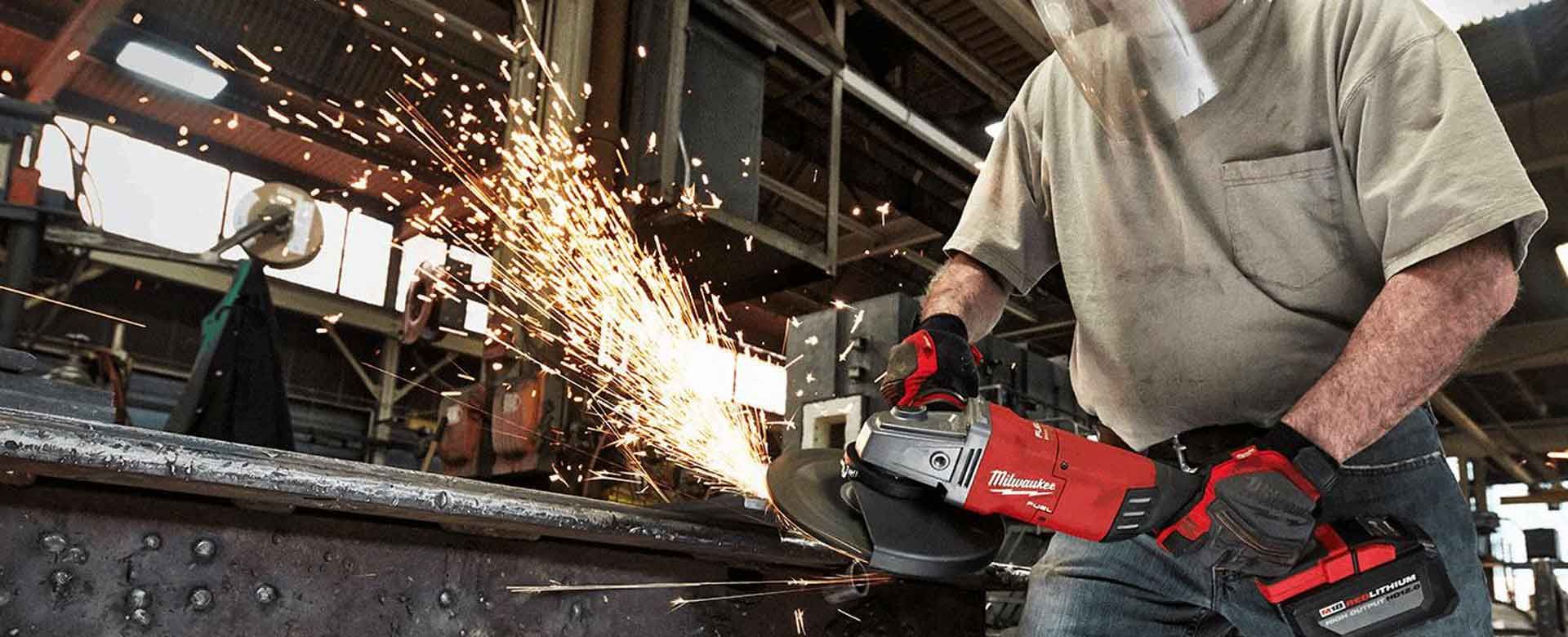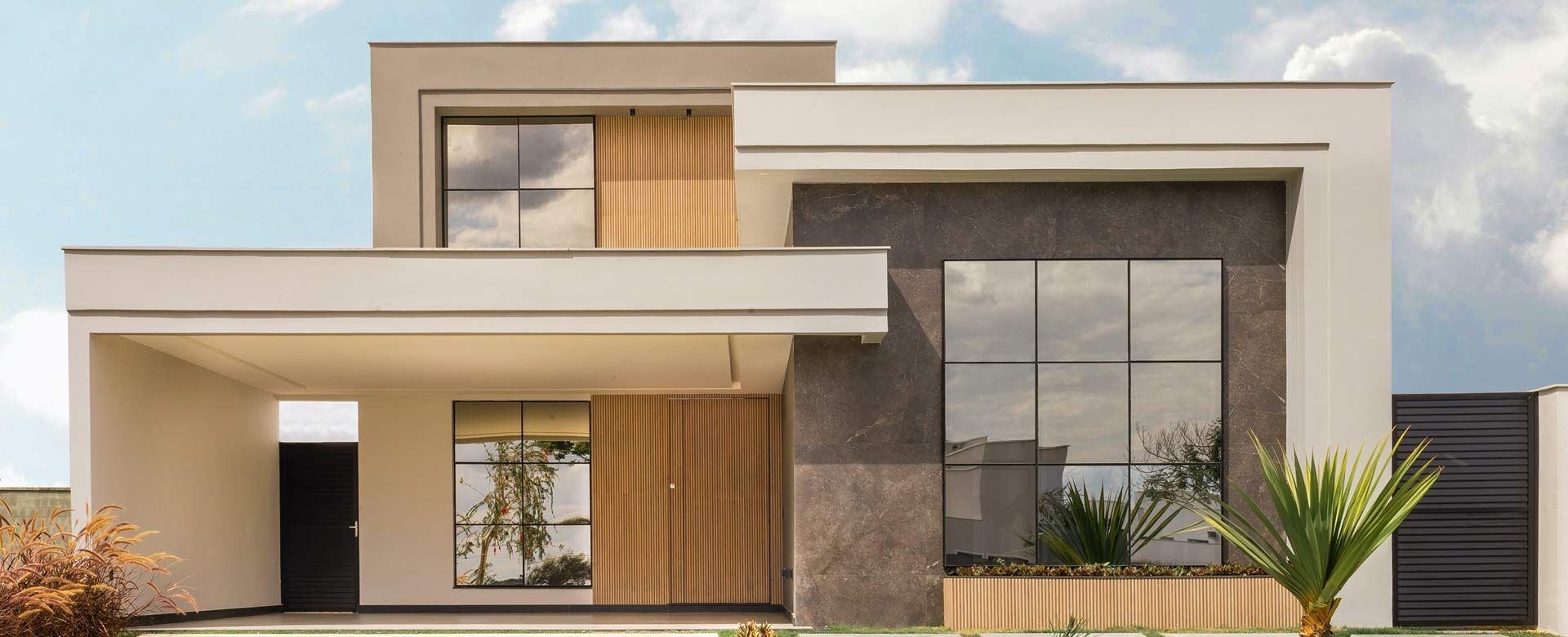- Industrial Supplies
- Coating & Finishing Systems
- Compressed Air Systems
- Assembly Tools
- Industries Served
- Aerospace & Defense
- Automotive & Specialty Vehicles
- Cannabis
- Construction & General Contracting
- Countertop Fabrication & Installation
- Food Processing
- Healthcare & Medical
- Logistics & Distribution
- Manufactured Building & Housing
- Manufacturing
- Metal Fabrication & Steel Works
- Millwork, Cabinetry, & Woodwork
- Packaging
- Pallets & Containers
- Plastics
- School Systems & Universities
- Signage
- Signs & Displays
- Textiles & Nonwovens
- Window & Door Installation
Offsite building – the future of construction
Offsite building, also known as prefabricated or modular construction, is a building process where components, pods, or modules are built in a factory and then transported to the site for assembly. Various materials can be used, too, such as shipping containers. And various techniques can be used from people to robotics and 3D printing.
This style of construction has gained popularity in recent years due to its affordability, speed, and sustainability. It’s why cities are looking into this modular building style to make city living more affordable.
Benefits
Offsite construction offers several benefits over traditional construction methods.
- Faster. It’s faster than traditional construction since modules can be built simultaneously in a factory while the site is being prepared. This reduces the construction time by up to 50% in some cases.
- Cheaper. It’s more affordable since it involves lower labor and material costs. Modules or pods are built in a controlled factory environment, instead of outside in the unpredictable elements, which enables more efficiency and less waste.
- Scalable. It’s easy to scale up or down depending on the project. This flexibility makes these projects attractive.
- Sustainable. It’s more sustainable since it produces less waste and uses fewer resources than traditional construction. Sustainability, for some cities and states, is desirable.
Starting in 2021, standards for building or inspecting exist from the International Code Council (ICC) and Modular Building Institute (MBI). Read now.
Affordable housing
Because so many cities are struggling with affordable housing options, it merits staying on this topic for a moment. In many urban areas, the cost of housing has become prohibitively expensive for residents, with low-income and middle-income families struggling to find options. Offsite building is more affordable.
Not only is affordable housing cheaper for the people moving in, but it’s good for governments, too. Traditional affordable housing projects, where offsite building isn’t used, can be difficult to finance due to high upfront costs and lengthy construction timelines. Offsite construction helps reduce these costs and timelines, making it easier for developers to secure financing and complete projects more quickly.
Disadvantages?
The biggest issue for modular building isn’t the builders, but government entities. Code requirements, plan submissions, and more can hold up the process considerably. Unfortunately, there’s not a lot of uniformity from the states.
According to gb&d PRO magazine, “39 states plus Washington, D.C. regulate off-site construction at the state level. State programs are responsible for plan review and inspection of off-site construction components. However, these programs vary significantly from state to state—some states allow third-parties agencies to conduct both plan review and in-factory inspections whereas others only allow state employees to perform these functions.”
The better local and state governments can handle and process offsite construction, the more offsite building can happen. Luckily, builders can leverage ICC-NTA to help.
Of course, sometimes offsite construction – as it exists today – may not be the best method. Site constraints can sometimes be a problem as well as handling customizations.
Elevated helps offsite builders
Offsite construction is promising and growing rapidly. It can be especially beneficial for cities looking to address their affordable housing needs, offering faster, more affordable, and more sustainable construction methods. With the continued development of advanced materials, construction techniques, and technology, manufactured building is likely to become even more scalable, efficient, and customizable in the coming years.
Because we have experience with modular-style building, we know the products to use to keep your projects on time and on budget. From appliances to sealants to PTACs and VTACs and everything in between, Elevated can help your construction company keep going or get started. We even work with suppliers who provide various training to keep you compliant and manage risk.
-
 December 28, 2020
December 28, 2020All about Milwaukee Tool
Wisconsin is known for a lot of things – the Packers, “going up North” (for those not in Wisconsin that means vacationing), hockey, fishing, weari… -
 January 5, 2021
January 5, 2021Countertop fabrication, finishing, and installing
If you’re in the countertop business as a construction contractor, countertop fabricator, or countertop installer, you’re… -
 January 21, 2021
January 21, 2021Door and window installations
Door and window installations are the bread and butter for construction companies and general contractors. New construction and replacing&nbs…